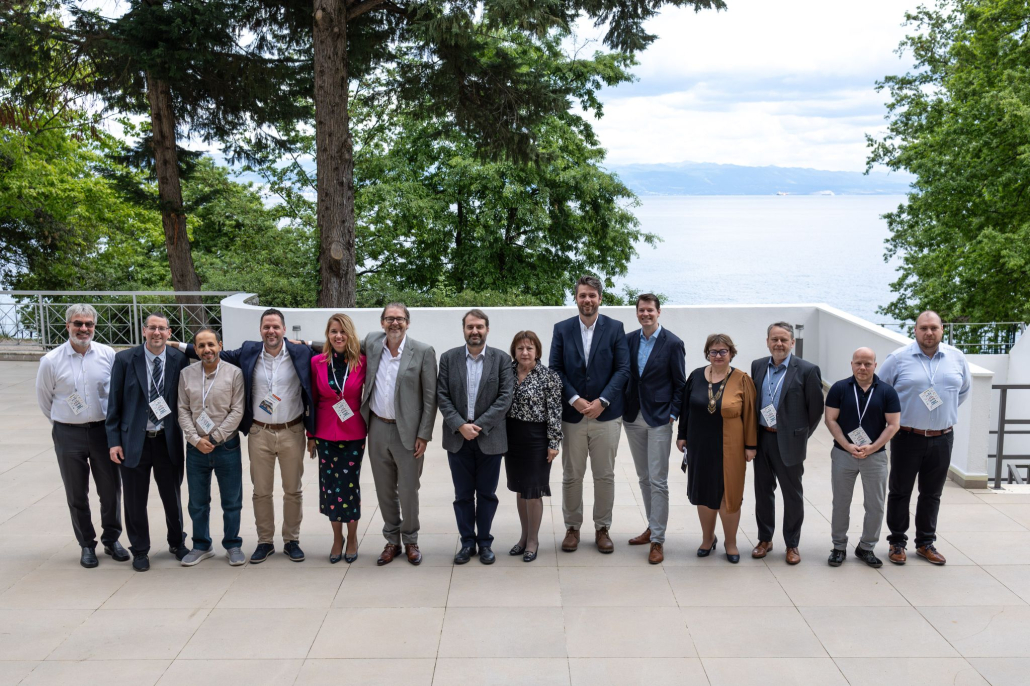About
Vaccines and Infectious Diseases in the Ageing PopuLation
Today’s major challenge is to improve efficacy of vaccines to protect the growing ageing population against infectious diseases (ID). The VITAL project aims to address this challenge by assessing the ID burden and mechanisms of immunosenescence to provide evidence-based knowledge on vaccination strategies to establish healthy ageing. Links with existing projects containing data sources combined with novel data acquired through our extensive network of dataregistries across Europe will result in a database of epidemiology, risk factors and burden of disease of both vaccine-preventable (VP) and potential vaccine-preventable ID. Crucial knowledge on factors that hamper immune responsiveness and in-depth analyses of immune compartments involved in inducing effective immune responses to different vaccines in the ageing host will be gathered. We will identify novel predictive, potentially universal immune profiles of vaccine responses using novel technologies, unique experimental models and (infection) cohorts of elderly subjects in which (bio)markers of frailty have already been identified. Novel strategies to address the problem of immunosenescence will be tested, in particular whether vaccination of middle-aged individuals can maintain proper memory immune responses in the elderly, to improve memory immunity before reaching old age. Using data on epidemiology of VPID and immune responsiveness, novel agent-based models will be developed to build a userfriendly tool to be used by health care professionals for optimal implementation of vaccination strategies for older people and to develop dissemination protocols for the obtained knowledge for the health care field. Finally, we will deliver a framework that forms the basis for designing, implementing and regularly updating vaccination schemes for the ageing population. Thereby, VITAL will initiate an important impetus to a more targeted immunization program for the elderly in Europe that will enhance healthy aging.
The team

From left to right: Prof. dr. Debbie van Baarle (RIVM/UMCG), Dr. Jim Janimak (GSK)
Contact
You can contact us by sending us an email.
The VITAL project has received funding from the Innovative Medicines Initiative 2 Joint Undertaking (JU) under grant agreement No 806776. The JU receives support from the European Union’s Horizon 2020 research and innovation programme and EFPIA.

